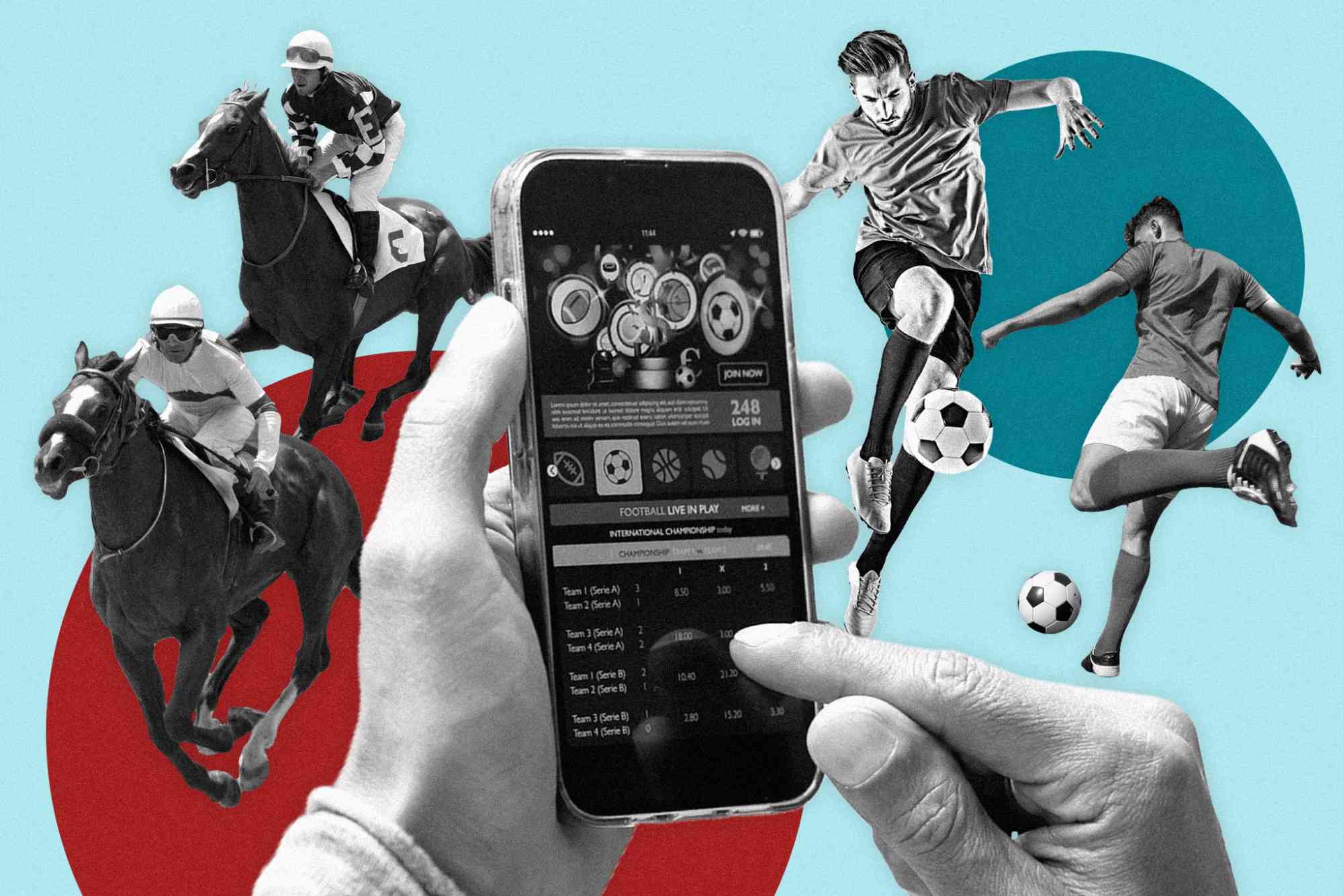Sports betting has surged in popularity, with new casinos offering platforms for fans to wager on their favorite teams. But a critical question remains: Can sports betting odds truly predict the outcome of a game? This article explores the mechanics of odds, their reliability, and whether they serve as a crystal ball for sports outcomes. By understanding how odds are set and what they represent, bettors can make more informed decisions, especially when engaging with new casinos entering the market.
Understanding Sports Betting Odds
Sports betting odds reflect the probability of a specific outcome in a game, such as a team winning, losing, or covering a point spread. Bookmakers, including those at new casinos, use complex algorithms, statistical models, and expert analysis to set these odds. They consider factors like team performance, player injuries, historical data, and even weather conditions. For example, if a football team has a strong track record against a rival, the odds will favor them, but upsets can still occur.
Odds are presented in formats like American (+150, -110), decimal (2.50), or fractional (3/2). Regardless of format, they indicate the implied probability of an event. For instance, a -200 favorite has a 66.67% chance of winning, while a +150 underdog has a 40% chance. However, these probabilities are not guarantees—they’re estimates adjusted to ensure the bookmaker’s profit margin, known as the “vig” or “juice.”
The Role of Bookmakers in Setting Odds
Bookmakers at established and new casinos aim to balance their books, ensuring they profit regardless of the outcome. They achieve this by setting odds that attract equal betting action on both sides of a wager. For example, in a basketball game between Team A and Team B, if too many bettors favor Team A, the bookmaker may adjust the odds to make Team B more appealing, encouraging balanced wagers. This dynamic process means odds can shift before a game based on betting patterns, injuries, or breaking news.
While bookmakers use data-driven models, they also factor in public perception. Casual bettors often back popular teams, skewing the odds. For instance, a high-profile team like the Los Angeles Lakers might have shorter odds (less payout) due to heavy public betting, even if their actual chances of winning are lower than implied. This discrepancy highlights a key point: odds reflect both probability and market dynamics, not just the likelihood of an outcome.
How Accurate Are Sports Betting Odds?
Sports betting odds are remarkably accurate over time, thanks to the sophisticated systems used by bookmakers. Studies show that favorites win about 65-70% of the time in major sports like football and basketball, aligning closely with implied probabilities. However, upsets happen—underdogs win roughly 30% of the time, and unexpected events like injuries or referee decisions can sway results.
For example, in the 2018 NFL season, the New England Patriots were heavy favorites (-300) against the Philadelphia Eagles in Super Bowl LII. Yet, the Eagles won 41-33, defying the odds. Such outcomes remind bettors that while odds are grounded in data, sports are inherently unpredictable. No model can account for every variable, from a player’s off-day to a controversial call.
Can Bettors Use Odds to Predict Outcomes?
While odds provide a solid foundation, they’re not foolproof for predicting game outcomes. Savvy bettors use odds as a starting point, combining them with their own research. For instance, analyzing team trends, player matchups, and recent performance can uncover value bets—wagers where the odds underestimate a team’s chances. This approach, known as “finding an edge,” is how professional bettors achieve consistent success.
Bettors should also consider the concept of “closing line value.” If you place a bet early and the odds move in your favor by game time, you’ve likely found value. For example, if you bet on a +150 underdog and the odds shift to +120, the market suggests the team’s chances improved, validating your wager. Platforms at new casinos often provide tools to track odds movement, helping bettors identify these opportunities.
Limitations of Relying Solely on Odds
Relying solely on odds to predict outcomes has drawbacks. First, the bookmaker’s vig (typically 5-10%) reduces payouts, meaning bettors need a higher win rate to profit long-term. For example, to break even on -110 odds, you must win 52.38% of your bets. Second, odds don’t account for intangibles like team morale or coaching decisions, which can significantly impact a game.
Additionally, public betting can distort odds. In high-profile events like the Super Bowl, casual bettors flood the market, causing odds to reflect popularity rather than true probability. Sharp bettors exploit these inefficiencies by betting against the public, but this requires expertise and discipline.
Strategies to Enhance Prediction Accuracy
To improve predictions beyond odds, bettors can adopt several strategies:
Research Extensively: Study team stats, injury reports, and historical matchups. Websites like ESPN or advanced analytics platforms like Pro Football Focus provide valuable data.
Shop for the Best Odds: Different sportsbooks, including new casinos, offer varying odds. Comparing lines across platforms can maximize potential payouts.
Manage Bankroll: Bet a consistent percentage of your funds (e.g., 1-2%) to minimize risk and sustain long-term betting.
Focus on Specific Sports or Leagues: Specializing in one sport, like NBA or soccer, allows deeper insight into patterns and trends.
Use Advanced Metrics: Metrics like Expected Goals (xG) in soccer or Player Efficiency Rating (PER) in basketball offer deeper insights than traditional stats.
The Role of Luck and Variance
Sports betting involves an element of luck. Even the best predictions can fail due to random events—a last-second shot, a fumble, or a missed call. Variance, the natural fluctuation in outcomes, means short-term results may not reflect long-term accuracy. Professional bettors succeed by focusing on long-term profitability, accepting that losses are part of the process.
Conclusion: Can Odds Predict Outcomes?
Sports betting odds are a powerful tool, offering a data-driven glimpse into likely outcomes. Bookmakers at new casinos leverage vast data to set odds that are generally accurate but not infallible. While odds reflect probabilities, they’re influenced by market dynamics and cannot account for every variable in sports. Bettors who combine odds with thorough research, disciplined strategies, and an understanding of variance can improve their predictions and find value in the market.
Ultimately, while odds provide a strong foundation, they’re not a crystal ball. Success in sports betting requires skill, patience, and a willingness to navigate the unpredictability of sports. By using odds as a guide and supplementing them with informed analysis, bettors can make smarter wagers and enjoy the thrill of the game.









